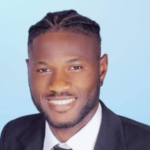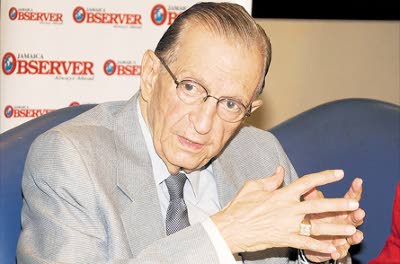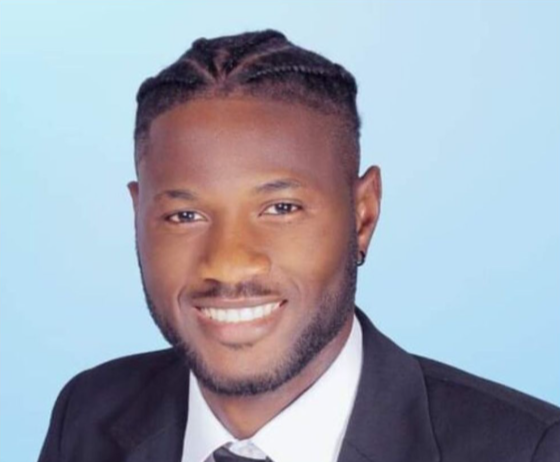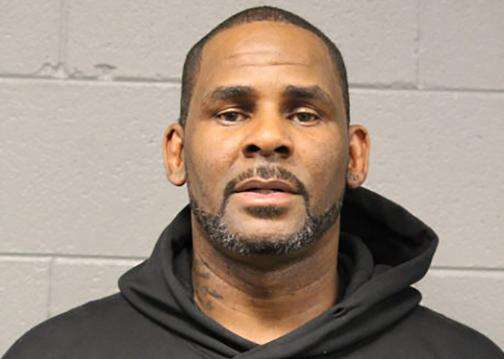The year 1944 marked the first time that Jamaicans were allowed to vote under Universal Adult Suffrage – the right given to all eligible citizens to vote for a government to represent them. In that year 89 per cent of the Jamaican population cast their ballots and exercised their right.
Data provided on the Electoral Commission of Jamaica’s website shows that in the 1944 election, 59 independent candidates contested seats and opted to represent the people.
Seventy-one years later, there has been a decrease in the number of independent candidates, while the level of voter apathy increased.
These persons often thought to have reasonable policies have failed to garner the support of Jamaicans over the years. The successes of third parties and independent candidates have not been attainable in Jamaica since 1944 and 1949 when Harold Allan won the Portland Eastern seat for two consecutive terms.
As Jamaicans grow tired of the major parties, the Jamaica Observer investigated the reasons why third parties and independent candidates fail to rise to the occasion.
President of the National Democratic Movement (NDM), Peter Townsend, has argued that the political structure has made it an unequal battlefield for political aspirants in the country.
“I think there is just a reality to keep the country as a two- party system,” he said.
“The thing is so structured the EAC, the two of them (People’s National Party and the Jamaica Labour Party) alone are on it. We used to be on it at one time, but they change the rules; you must have certain amount of seats, have a certain percentage in the poll to be on it. The Electoral Commission … we are not in it. The debates commission … again we are not in it. And then both of them are in Parliament, and so when the reports are carried on the news of things said in parliament, they are automatically covered by the news,” he continued.
The NDM, to date, has been the longest-standing ‘third party’ in Jamaica, having started 20 years ago. It is also the most successful of its kind and the only third party to have received 41,000 votes in a general election.
The system’s design, according to Townsend, is frustrating to interested and capable individuals who, because of it, are becoming discouraged from joining politics.
“There are a lot of talents out there that they haven’t had the opportunity to expose what they are worth because they are afraid of this evil system. Because it’s not easy for anybody other than somebody coming under the banner of the PNP (People’s National Party) or JLP (Jamaica Labour Party) to really survive politically in Jamaica. The system will just get you,” he said.
In the last general election there were four independent candidates willing to represent the people.
Townsend also argued that a lack of funding has crippled the success of third parties and independent candidates. He said that unlike the PNP and the JLP, the minorities are not privy to public and private funding to properly run an election campaign.
“The public funding that they have brought in is designed to really suit the two parties [and]… they can get any amount of undisclosed private funding and they can also qualify for tax- payer’s money. A third party has access to none of those,” he admitted.
Currently, the party is being funded by the members to the detriment of its campaigning efforts.
Former Prime Minister Edward Seaga argued that the party’s inability to get supporters heightens the apprehension these parties encounter.
“The first thing you need to have in a party is a base — that is, a number of supporters who will follow you and that will increase. But third parties come along, they have no base, they have some interest groups behind them, but the interest groups are just not enough to form a base and nobody is going to desert parties that have a base for a third party, so they don’t grow,” he reasoned.
The NDM head, however, argued that Jamaica’s political culture of tribalism encroaches on the party’s capability to acquire more supporters. He indicated that because of the die hard positions of some Jamaicans and the political garrisons that exist, it is difficult to communicate their ideas to the people and sometimes difficult to just access some communities.
“This country is a victim of garrison politics, and that has hindered civilised politics and issue related politics,” he stated.
“There is a fear factor as well, because in other countries even a celebrity can come out and say ‘I’m a Democrat or Republican’ and they can have up the party flag at the front of their house, but because we are so tribalised and ‘garrisonedised’ and people will kill you, people can’t express their views,” he continued.
Some of Jamaica’s most noted politicians and academia were once members of the NDM, or first came onto the political scene as independent candidates.
Former Prime Minister Bruce Golding once led the party, with now JLP candidates Christopher Tufton, Daryl Vaz, Gregory Mair and Ambassador Stephen Vasciannie.










